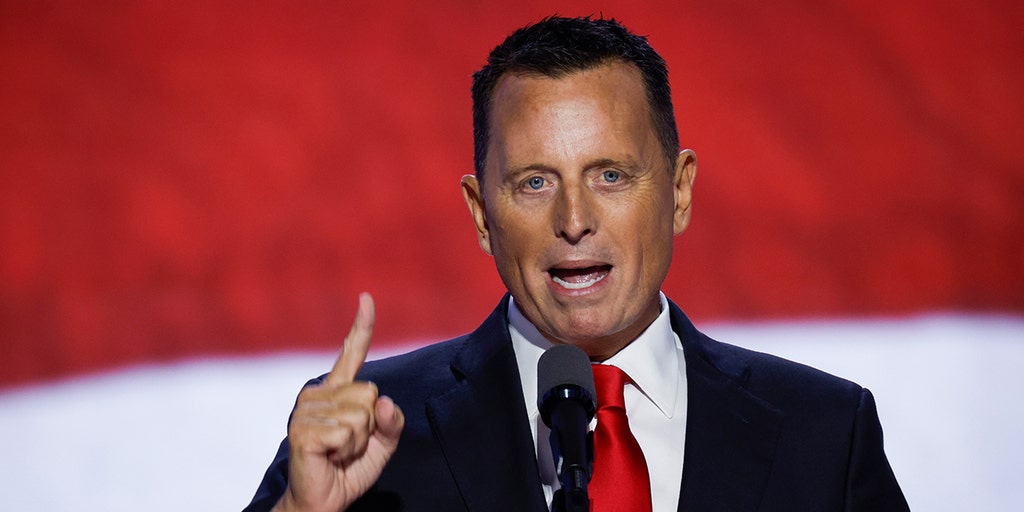White House Stands Firm: Top Official Defends Trump After Zelenskyy 'Dictator' Controversy

In a recent defense of President Trump's controversial remarks, Richard Grenell stepped forward to support the president's characterization of Ukrainian President Volodymyr Zelenskyy. Grenell emphasized that Trump's comments stem from a singular focus on American interests, rather than diplomatic niceties.
The former acting Director of National Intelligence argued that Trump's critique of Zelenskyy as a "dictator" reflects a deeper commitment to prioritizing the needs and concerns of the American people. By challenging the international narrative, Grenell suggests that Trump is willing to speak candidly about global leadership, even when such statements might be considered politically uncomfortable.
Grenell's support underscores the administration's stance that diplomatic relationships should be evaluated through the lens of direct national benefit, rather than traditional diplomatic protocols. His comments highlight the ongoing tension between Trump's unorthodox communication style and conventional diplomatic discourse.
The defense comes amid ongoing debates about international aid, Ukraine's governance, and the United States' role in global geopolitics. Grenell's intervention aims to reframe the conversation, positioning Trump's remarks as a principled stand for American interests rather than a diplomatic misstep.

